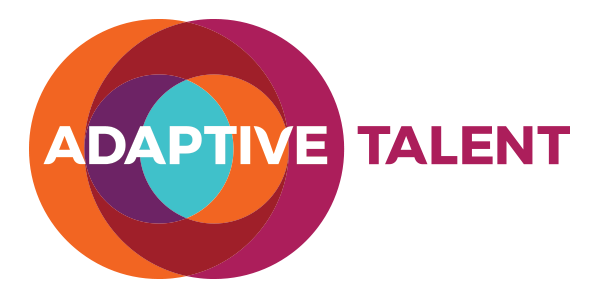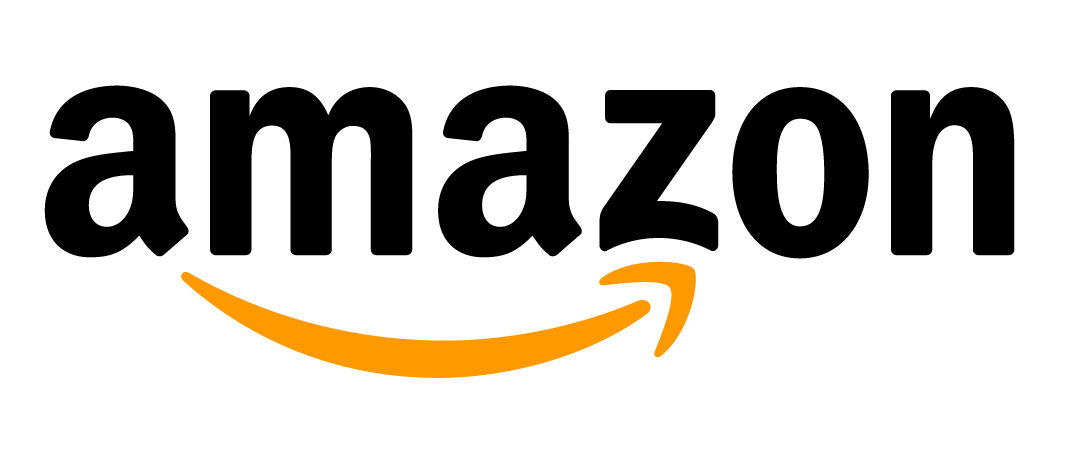First Round Review has a case study on Amazon’s efforts to raise the proverbial quality bar of each of its employees. It’s a good read because it offers a reasonable process and gives a great example of hiring for cultural fit. Here’s my favourite part:
“Don’t Go Easy on Culture
Of all the dimensions of a hiring process, determining culture fit seems like the hardest to standardize. And, if you’re doing a rigorous job bar-raising and running your interviews, a lack of culture fit may represent half of the folks who wash out after a year. “Half your onsite interview time should focus on culture fit,” Gupta says. This means you need to be crystal clear about what your company’s culture is and what it’s not.
Amazon took the time to figure out what its core leadership principles are and put them on its website. They think about what these principles mean for every job at every level. Also, if you dedicate a good chunk of your job listings to cultural expectations, people can self-select whether they’ll fit in. “Part of why you start your own company is because you want to create the environment you want to be in,” Gupta points out. This is perhaps the best argument for enumerating and mechanizing cultural values from the start: Culture is made by the people in it, and you have the opportunity for every new hire to strengthen the environment you’ve envisioned.”
Take a look at Amazon’s leadership principles and see if they embody the way you feel about Amazon. It might sound like an odd question, but authenticity matters with these kinds of things, so often imagining how a leader would act if they embodied these principles can validate whether whether a company is actually truthful / insightful about itself, or just doing another marketing exercise. For me, based on what I’ve read about Jeff Bezos, the principles sound authentic to Amazon.
As the interviewee, this requires you to either actually understand the organization well enough to do that validation exercise, or ask the same question to enough people to see how the responses come out. Are people saying the same thing and giving you the same feeling about intent, priorities, and why they value certain things and approaches?
I wonder how Amazon defines a leader; is it someone who manages others, or simply someone who takes responsibility for one’s life (i.e., thereby making everyone a leader)?
Culture has always been a key part of organizational life, starting way back when we were in tribes. It’s always been a tool to inform group behaviour and ease complexity by creating a “knowing” about right versus wrong, or priorities. As external complexity increases, and we spend greater and greater amounts of time dealing with much more complicated adaptive leadership challenges (i.e., the stuff that has no clearly defined predecessor or easily adopted process or knowledge to solve an identifiable problem), I’m certain we’ll see more and more organizations struggle because the cultures have not identified the purpose, values and operating principles, and onboarded people into the culture. Part of a healthy culture is feeling safe to be yourself and to experiment and research new approaches; no one risks that in an unpredictable or unsafe culture.
You get that unpredictable and unsafe feeling – i.e., autonomy and motivation killers – from leaders have not done a good job defining, reinforcing, and celebrating the organizational “soft stuff” that gives people an internal GPS or equilibrium. Because there is a vacuum, people interpret ambiguous situations using past or best practices from other organizations, or they raise stuff up the chain of command that then overwhelms leaders and slows things down, or they wait or avoiding conversations, or don’t even recognize something as an issue because they do not share the same meaning as the leaders.
Thriving in complexity requires teamwork, experimentation, leveraging diversity, and the full application of skills and leadership presence from every team member. Helping your team understand and embody the shared meaning that is your unique culture therefore allows them to move that out of their executive centre of their brain to their brain stem or mammalian brain; it is a felt sense (i.e., an emotion). Believe it or not, this is how we’ve dealt with survival; our brains have sort of an auto pilot section that helps us to only think about the things that decides warrants our attention. Having this “knowing” also allows people to feel safe because they feel part of the group, and people are incredibly social creatures who need connection. Personally, I think a key reason why we see 37% engagement scores in many companies is at least partially attributable to people (a) not knowing who they are and what they want in life and (b) organizations also not collectively knowing that, thus creating mismatches, or people spending their time on tasks for which there is limited or no emotional resonance.
The final piece on culture is that authenticity is essential if it’s going to shape behaviour across a group of people. That means the core authoring group of the values and purpose need to be honest and know themselves really well. Once they’re agreed upon then everyone, but especially the most respected people inside the organization, must actually care about the values, make decisions that align with them, and reflect upon them as a basis for action in an ambiguous situations. This last piece is especially critical and role modelling is especially important from the CEO or Executive Director. If s/he is not talking about these, inspiring questions, celebrating their use, etc. then it’s just another piece of paper to generate cynicism. I think the probability of this happening is directly influenced by how often that CEO/ED uses values in her/his own personal life as a core tool.
Adaptive Talent is a talent consultancy designed to help organizations achieve amazing results and ongoing adaptability. Founded in 2008 and based in Vancouver, Canada we offer retained search, assessments, total rewards consulting, training, leadership coaching and development programs, and culture & organizational development consulting.

